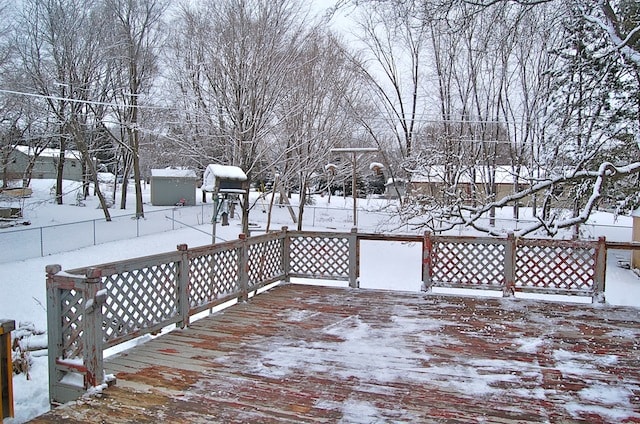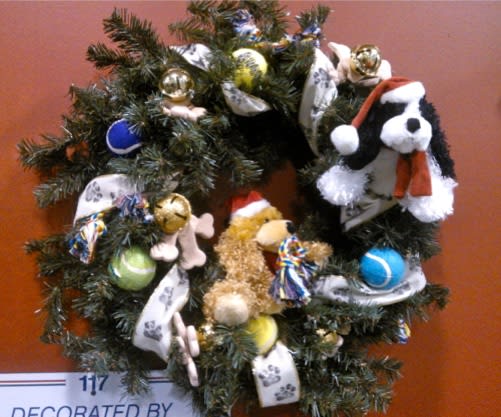日本人は敬語を使わない外国人に対してどう思っているんだろうと思う時があります。「仕方がない、外人だもん」と思っているのか、失礼だと思っているのか、それとも、新鮮でフレンドリーだと思っているのでしょうか。
Sometimes I wonder what Japanese people think when foreigners don't use keigo when speaking with strangers. Do they only think, "What can you do? He's a foreigner," or do they find it rude, or do they find it refreshing and friendly?
私はなるべく親しくない日本人に対して敬語で話そうとしますが、使うのは「ます系」ぐらいで、「特別な敬語」(私にとってですが、「ご覧になる」、「お越しになる」など)はあまり使う気がしません。同時に、自分の日本語の丁寧さをすごく意識しています。仮に敬語を間違えても、「日本人じゃない」という理由で許してくれるだろう、となんとなく安心しています。
I try to use keigo, but I don't like to use "extreme keigo" and limit it to -masu form. At the same time, I'm extremely self-conscious about my politeness when I'm speaking in Japanese, and figure that if I make a mistake, usually the Japanese person will forgive me because I'm not Japanese.
でももしどちらか一方に選べるとしたら、私は敬語を一切使いません。なぜなら、寂しさを感じるからです。英語には(ないわけではないのですが)正式な敬語がありませんし、知らない人とでもくだけた態度で接することがフレンドリーで、愛想がよくて、いい事で、お互いがさみしくなくなって嬉しくなるとみなされている国で育ってきました。だから、敬語がないことは人間関係を豊かにすると思います。日本にいる時、敬語の使用でなんとなく寂しくなります。外国人でいて目立つこと自体が大変ですが、つねに人と人の間に距離を生む言語を使うのが余計に寂しいです。
But if I had a choice, I would never use any keigo. It begins feeling lonely, because I grew up in a country where there is no strict keigo, and speaking familiarly with strangers is a good, friendly, personable thing that makes other people happy and less lonely. The absence of keigo is the thing that enriches human relationships. In Japan, the gap created by keigo is what makes me feel lonely. Being a foreigner and standing out is hard in itself, but perpetually using a language that purposefully establishes an emotional gap between me and the other person makes it even more lonely in Japan.
それに、私は知らない人と親しくなるのが苦手ですし、自分の気持ちを表すのにただ言葉に頼っています。(シャイな人が黙っていると冷たく見えるかもしれないので、そうではないと証明するために、アメリカではくだけた言葉に頼っています。)日本ではその方法を使えないのが悔しいです。
I'm not good at becoming close with other people, and I rely on simple words to show others how I'm feeling. (Shy people seem cold when they're silent, so in order to prove otherwise, I rely on casual language in America.) It's hard to lose the language method of doing so in Japan.
まあ、でも、ここでこうやって日本人と打ち解けることでほっとします。私の日本語に丁寧さが足りないのにはそれなりの理由があるのですが、その時点では相手にはそれがわかるわけがありません。でも本当は、日本人には「この距離が嫌だから...」と知ってほしいです。
In a way, writing this out makes me feel better. There's a lot of context to times when I don't speak politely enough, but it doesn't seem that deep of an issue to the other person at the moment. But in reality, I wish the Japanese person would know that I don't want a gap between us.
今アメリカに住んでいる間、周りの人ののんきな会話が聞こえて、安心します。友達のように聞こえますが、実はお互い初対面の人です。知らない人を無視するという、人と人の間に大きな距離のある東京に住んでいた頃はきつかったです。日本の小さな愛想のいい田舎の町に住めたらいいなと実は思っていました。私が年をとって仕事のことをもう考えなくてよくなったら、退職して日本の海辺にある田舎に引っ越そうかな。♪
For now, as I live in America again, I feel so relieved when I'm surrounded by people who hold casual conversations with each other that make it sound like they are friends, but in reality are strangers meeting for the first time. I had a hard time when I lived in Tokyo because of the enormous gap between strangers ignoring each other, so actually, my dream is to live in a small, friendly Japanese countryside someday. Maybe when I'm old and I don't need to worry about a career anymore, I'll retire to the Japanese countryside by the sea. ♪



















































